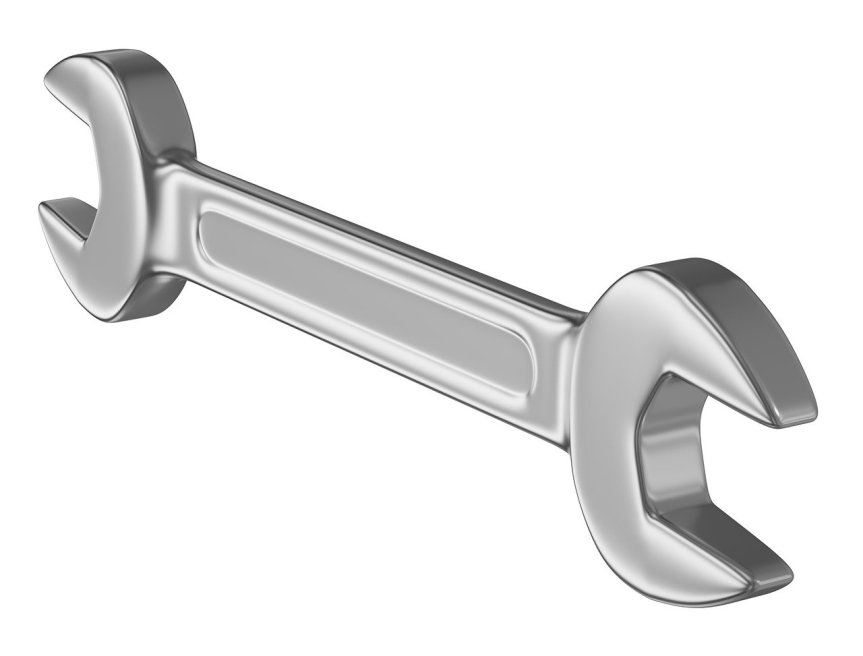I came across a Facebook memory that recounted a conversation that I had about a year ago with Erin Gallalee from STC. She had suggested a couple of topics that might be of interest to technical communicators. Each can be a topic in and of themselves, and perhaps at some point soon, I might take … Continue reading Putting the “technical” into “technical communication”
Category: Maintenance
Adjustments
When I was in grad school, I once wrote in a paper that "Ben Franklin had it wrong. There are not two sure things in life; there are three: death, taxes, and change." As I recall, my professor loved that quote, and even asked me if he could use it. The fact is, change happens. … Continue reading Adjustments
Coming up with new presentation ideas
I'm sure that one of the struggles -- and most common questions -- for new presentation speakers is, "what do I speak about?" For those of you who are budding presentation speakers, let me tell you that even experienced speakers can have the same problem. This issue is common, and it isn't limited to presentation … Continue reading Coming up with new presentation ideas
We all get rejected. Don’t take it personally
You've been let go from your job. Or maybe you were passed over for the promotion. Or you applied to a position you very much wanted, and didn't get so much as an acknowledgement of your application. Or you were turned down by the school or program that you had your heart set on attending. … Continue reading We all get rejected. Don’t take it personally
Support your local public library
I remember when I was a kid, Tuesday was my favorite day of the week. That was because that was library day. One of my parents would take me and my siblings to the local public library where we would check out books and magazines, take them home to read, and bring them back next … Continue reading Support your local public library
New old presentations
As I mentioned earlier, I have a few speaking gigs coming up, including one in Hartford, CT in March. I'm actually doing two presentations for Hartford: my job hunt presentation (which seems to be one of my best sellers; I've done this presentation several times, and I will also be doing it for STC Summit), … Continue reading New old presentations
Make goals, not resolutions
This is an article I wrote three years ago, and it’s just as applicable now as it was when I first wrote it. Now that we’re two days into the new year, I figured it was worth reposting again.
My previous post got me thinking about setting goals. I mentioned in my previous article that I hate setting New Year’s “resolutions.” I didn’t want to get into why in that article.
Well, in this article, I want to get into exactly why.
How many of you have made New Year’s resolutions? How many of you made them in years past? How many resolutions did you keep?
If I had to guess, probably not many, if any.
This is why I hate resolutions. They’re almost guaranteed to fail. Case in point: for those of you who go to a gym and work out, how packed is the gym in January? In all likelihood, it’s packed with people who resolved to go to the gym and work out this year.
Now, how many of these people are still at the gym by the end of the year? Or by July? Or…
View original post 574 more words
Happy holidays, winding down 2022, and what’s in store next
As I write this, it's the day after Christmas, 2022. Hopefully, those of you who are reading this had a wonderful holiday season. I hope you had a great Christmas, Hannukah, Kwanzaa, Festivus, or whatever your holiday celebration of choice is! For me, personally, Santa didn't leave me much, but honestly, the older I get, … Continue reading Happy holidays, winding down 2022, and what’s in store next
The menial tasks are appreciated
Years ago at a previous job, I once had my manager say to me, "Ray, I have a job that really, really sucks, but someone has to do it, and it needs to get done. You game?" Without getting too deeply into it (mainly because it's sufficiently long enough ago that I don't remember the … Continue reading The menial tasks are appreciated
Take care of yourself first
I very recently had a revelation that aroused a great deal of stress and anxiety in myself. (I won't get into the specifics right now, but it's very possible that I might discuss it more later, when -- or if -- the time is right.) It was bad enough that I ended up not feeling … Continue reading Take care of yourself first



